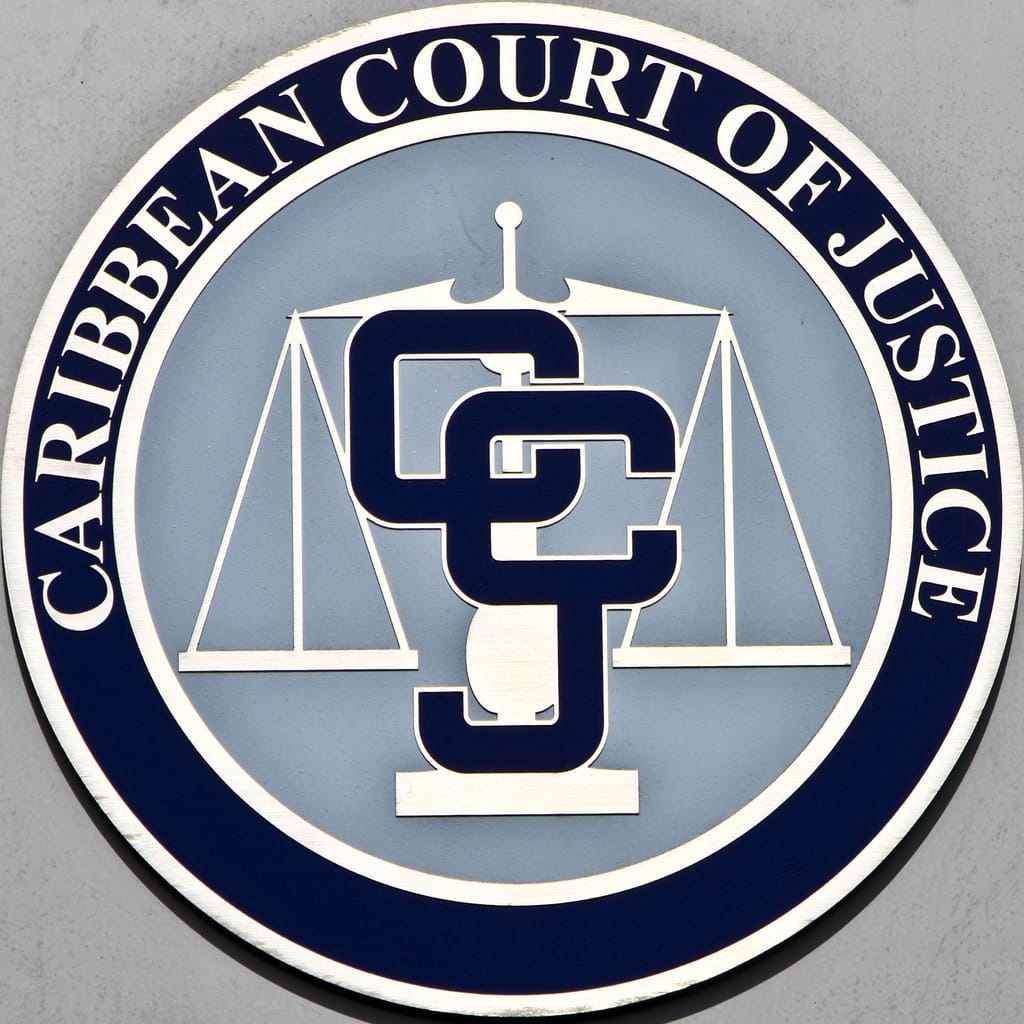
The chairman of the National Coordinating Committee on the Caribbean Court of Justice (CCJ), Ambassador Dr. Clarence Henry, says the nationwide consultations on whether Antigua and Barbuda should replace the London-based Privy Council with the CCJ as the island’s final court “are designed to address the fears, aspirations and expressions of concern by people whose pursuit of justice need not cross the vast Atlantic.
“Such proceedings constitute the contributions of all citizens to the required dialogue. It is a conversation that can make the November 6th decision a true reflection of the informed resolve of the people of Antigua and Barbuda to grasp the opportunities of a new phase of the independence project we launched 37 years ago,” henry said in a commentary entitled “Antigua and Barbuda and the CCJ-Rendezvous with History”.

Antigua and Barbudans vote in a referendum on November 6 to decide on whether to replace the Privy Council with the Trinidad-based CCJ that was established in 2001 as the region’s final court.
While many Caribbean Community (CARICOM) countries have signed on to the CCJ’s Original Jurisdiction, only Barbados, Belize, Dominica and Guyana are signatories to the Appellate Jurisdiction of the Court that also serves as an international tribunal interpreting the Revised Treaty of Chaguaramas that governs the regional integration movement.
Henry urged citizens to ensure that they “make an informed decision on referendum day,” adding “it is not a blue, red, orange or green thing” in reference to the colours of the main political parties here.
“Put the nation’s interest foremost in making that determination. It is our rendezvous with history,” the diplomat said.
Henry noted that ever since becoming an independent nation in 1981, Antigua and Barbuda has been at the forefront of efforts to deepen the regional integration movement “not as nations one behind the other, but side by side as equals.
“Today, the Caribbean Court of Justice question that confronts us constitutes engagement of yet another significant rendezvous with history. It is not a challenge or responsibility that has landed suddenly at our doorstep.
“November 6th, 2018 comes to us after decades of engagement of our independence dream. It comes to us as a proposed institutional link to complete the circle of our self-determination,” Henry wrote, noting “we can track the events leading to the specific argument in favour of a regional jurisprudence as far back as the year 1970 when the Council of Legal Education was established alongside a Faculty of Law at the University of the West Indies.
“Virtually everywhere then, among the regional legal fraternity, was a concern that development of an indigenous system of justice was a necessary component of the process of independence. That there needed to be an approach to the application of law and justice; an institutional framework that took into account the moral, political, social and economic realities of the space we occupy.”
Henry said that while the Privy Council was established in the United Kingdom in 1833 – the very year legislation was passed to free the slave populations of our countries, ‘it was in fact established to reinforce the besieged circumstances of the monarch of the day – a king (William IV) who had studiously opposed the emancipation campaigns of the day.
“Up to now, judicial appeals to the Privy Council remain formally directed to “Her Majesty in Council”.
This is in keeping with its institutional mandate to function as the fountain of all justice throughout the colonial empire. During the colonial era, it was the monarch who exercised final appellate jurisdiction over all colonies and territories. The Privy Council lent expression to this in its capacity as an advisory body to the monarch.”
He said that the CCJ however enters the picture, “not as a fleeting manifestation of political or ideological whim, but as the outcome of studied engagement of the issues addressed by states and civil society over many, many years and as a modern and enlightened response to a post-colonial imperative”.
Henry acknowledges that there has been “much confusion as to the role and functions of the CCJ” saying “this has led to the situation where, today, just four of the original 12 signatories to the Charter establishing the Court have signed on to its final Appellate Jurisdiction”.
The diplomat said that the most pervasive concern had been the sustainability of the CCJ given the often parlous state of regional economic resources, and any consequential loss of judicial independence that might result from financial shortfalls.
“Many seemed not to understand that the unique arrangements for financing the operations of the Court are now being cited as an international best practice model,” he said, noting that the establishment of the CCJ Trust Fund, financed at inception by CARICOM member states, in collaboration with the Barbados-based Caribbean Development Bank,” has provided us with a mechanism that virtually guarantees an ability, over the long term, to finance both the recurrent and capital requirements of the Court without periodic recourse to member states.
“This mechanism not only guarantees financial sustainability, but provides an effective shield against the prospect of political and partisan blackmail,” henry said, dismissing also concerns about the potential political interference in the appointment of judges to the court.
“There has also been a concern that the proximity of CCJ judges to Caribbean everyday circumstances can render them less than independent in the dispensing of justice. But it is this very closeness to the social, political and economic ethos of the Caribbean that brings to the Court one of its most valuable attributes: an intimate understanding of what makes our societies tick.
“After more than 10 years of Caribbean jurisprudence, appeals heard by the CCJ are all recognised as having such a major ingredient. Such an approach is, in fact, a central function of the CCJ – quite unlike the current situation with the Privy Council: distant and as disinterested as it stands,’ Henry wrote.
CMC/ad/ir/2018
Advertise with the mоѕt vіѕіtеd nеwѕ ѕіtе іn Antigua!
We offer fully customizable and flexible digital marketing packages.
Contact us at [email protected]


















They can “urge” from now til Christ return, I will vote NO to the CCJ!!
Comments are closed.